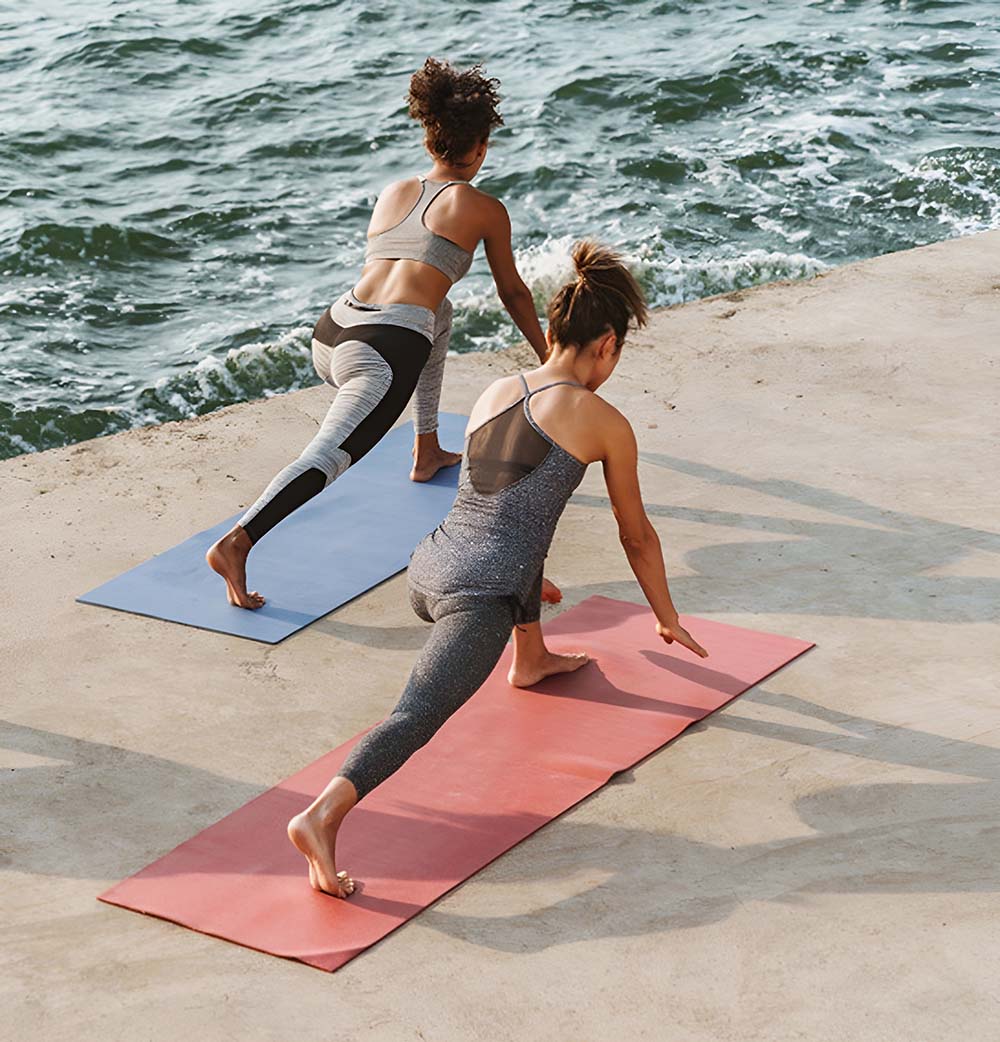Herbal Remedies for Overactive Bladder
Many women are curious to know if any herbal or nutraceutical compounds can be helpful for the overactive bladder symptoms. In fact, about 80% of patients will try taking an herbal supplement for their bladder symptoms. It is natural to want to try something which already exists in high concentrations in certain foods or plants, which may have therapeutic benefit without the side effects that are typically associated with pharmaceutical grade medications.
One of the criticisms of herbal and nutraceutical supplements is the lack of good quality studies which prove that there is any benefit over using a placebo. While this doesn’t mean these products don’t work, it can be difficult for health care providers to know whether there is any benefit, and which ones to recommend. The brand choice can be really important, as these products don’t undergo the same rigorous testing and standardization for FDA approval and may not contain the amount or concentration of the active ingredient that is advertised.
While there are several nutraceuticals or supplements which are felt to help with bladder symptoms, I highlight these ones because they have the best quality information.
Pumpkin seed oil
A study on 45 men and women who took an extract of pumpkin seed oil demonstrated a significant reduction in the degree of overactive bladder symptoms at 6 and 12 weeks. Symptom scores improved across all domains including daytime frequency, night-time frequency, urgency and urge incontinence1. While it is not entirely clear why pumpkin seed oil helps with bladder symptoms, it is felt to be from increased production of nitric oxide due to the high concentration of the amino acid, arginine, in pumpkin seeds. Pumpkin seeds are also extremely healthy and are rich in anti-oxidants, magnesium, zinc, and fiber.
Gosha-jinki-gan (GJG)
This is a Japanese blended formula of 10 different herbs, which can have an inhibitory effect of bladder contractility, thereby reducing urinary urgency2. It has mostly been studied for nocturnal polyuria, a bothersome condition where you produce more urine at night and wake up several times at night to go to the bathroom. It is felt to decrease bladder sensation via receptors in the spinal cord.
Vitamin D
An interesting study published in 20193 compared 55 patients with overactive bladder to 129 healthy controls, and found vitamin D deficiency was more prevalent in cases (80%) versus controls (34.9%). Depression and anxiety were also more common in cases versus controls.
Magnesium
A small placebo-controlled study showed significant improvement in urinary symptoms in 55% of the women taking magnesium. These women reported less urinary frequency, incontinence episodes, and waking up at night to urinate4. Magnesium acts as a smooth muscle relaxant, which may explain why it can be helpful in overactive bladder.
In addition to these, there are also some other nutraceuticals such as corn silk, marshmallow root, cleavers, and horsetail, which may help in overactive bladder due to their anti-inflammatory and soothing properties. The nice thing about herbal remedies is that they are generally safe and well tolerated. But before you start taking any supplements for overactive bladder, it is necessary to see a urologist or a urogynecologist to make sure that the overactive bladder symptoms are not being caused by acute or chronic urinary infection, interstitial cystitis (painful bladder syndrome), or from a neurologic problem. Once these other causes are ruled out, you can discuss and explore herbal options with your doctor.
References
- Nishimura M, Ohkawara T, Sato H, Takeda H, Nishihira J. Pumpkin Seed Oil Extracted From Cucurbita maxima Improves Urinary Disorder in Human Overactive Bladder. J Tradit Complement Med. 2014;4(1):72‐ doi:10.4103/2225-4110.124355.
- Nishijima S, Sugaya K, Miyazato M, Ogawa Y. Effect of Gosha-jinki-gan, a blended herbal medicine, on bladder activity in rats. J Urol. 2007;177(2):762‐765. doi:10.1016/j.juro.2006.09.077.
- Abdul‐Razzak, KK, Alshogran, OY, Altawalbeh, SM, et al. Overactive bladder and associated psychological symptoms: A possible link to vitamin D and calcium. Neurourology and Urodynamics. 2019; 38: 1160‐1167. https://doi.org/10.1002/nau.23975.
- Gordon D, Groutz A, Ascher-Landsberg J, Lessing JB, David MP, Razz O. Double-blind, placebo-controlled study of magnesium hydroxide for treatment of sensory urgency and detrusor instability: preliminary results. Br J Obstet Gynaecol. 1998;105(6):667‐669. doi:10.1111/j.1471-0528.1998.tb10183.x


 / 53 Reviews
/ 53 Reviews
